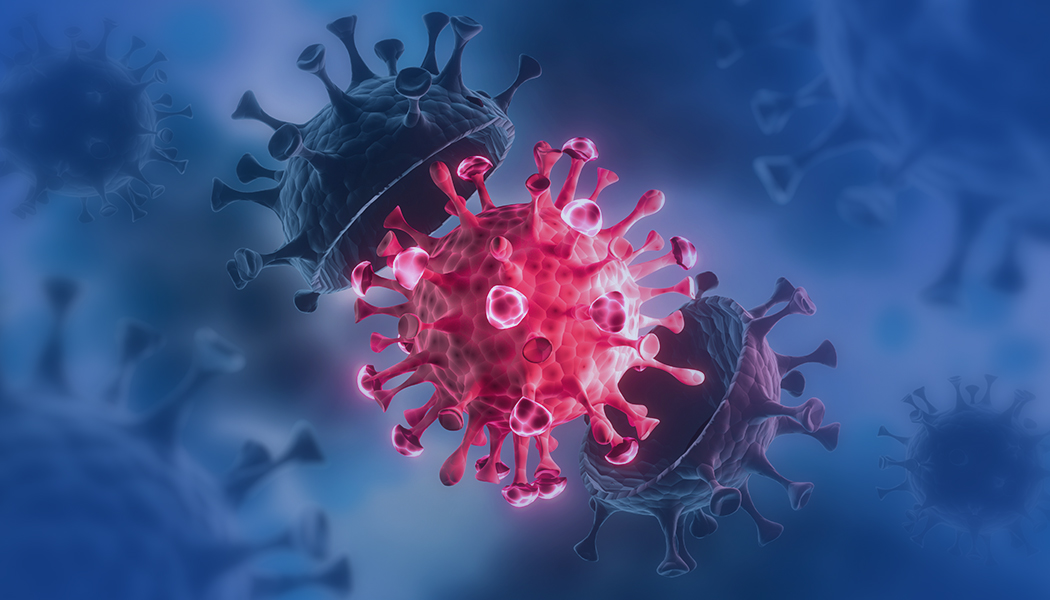
Coronavirus variants – what do we know?
As we hear the news coming in daily about the rising numbers of COVID 19 cases, we are also hearing many things about why the cases are so high in number. Reports mention that one reason that the virus continues to spread infection and grow in numbers is due its ability to can change itself – it can mutate. Mutation refers to changes in the genetic make-up of the virus so that it can change the structure of its spike protein- the part that attaches to human cells. This can lead to the virus spreading faster and not being responsive to treatments that have been used to counter or control it, hence the increase in spread and /or severity of the illness.
Here we’ll take a look at the mutations that have occurred in the coronavirus causing COVID-19 ever since the pandemic began and what they meant for us. The infection was first reported in China in late 2019 and was said to be caused by the nouveau SARS- CoV-2 virus. Very quickly, by February 2020, a new variant was seen. This was the SARS-CoV-2 virus with a D614G substitution in the gene encoding the spike protein. This replaced the original virus to become the dominant strain by June 2020. It has increased infectivity than original strain but does not cause more severe illness.
There were reports of a Cluster 5 variant which was identified in Denmark in September 2020. Only 12 cases were identified; this strain has very low infectivity and no more cases with this strain have been noted.
Following this, on 14th December 2020 in the United Kingdom, a new variant called the SARS-CoV-2 VOC 202012/01 or the B.1.1.7 strain was identified. This strain was reported to have very high transmissibility but no increase in disease severity. It went on to be found in 31 other countries and 5 out of 6 WHO regions. Currently, this is one of the dominant strains that are circulating in India.
Near about the same time, on 16th December 2020, another variant, the 501Y.V2 variant or B. 1.351 was identified in South Africa. This variant was associated with high viral load and increased transmissibility. It went on to be detected in other countries as well, including India.
A Brazilian variant was also identified known as P.1.
The N501Y mutation which is seen in the UK, Brazilian and South African strain makes them more infective.
The E484K mutation which is seen in the South African and Brazilian strain is responsible for ‘immune escape’, that is, even if a person has antibodies to the virus developed due to previous infection or vaccination, they may be less effective against this strain.
In addition to the strains already circulating in India namely the UK, Brazilian and South African variants, with the surge in the second wave of infections, a double mutant of the
corona virus has been detected in India in samples from Maharashtra, Delhi and Punjab. This double mutant variant, known as the Indian strain or B.1.617, is a combination of E484Q and L452R mutations of the SARS-CoV-2 and is becoming very common in India. Both these mutations are associated with increased infectivity of the virus, which could explain the increase in spread and rise in number of cases.
Very recently, a new triple mutant has also been identified in West Bengal, India. This variant, called the B.1.618 or the Bengal strain has been found in samples collected from Maharashtra, Delhi, West Bengal and Chhattisgarh. Reports suggest that this variant may have the ability to escape the immune response and hence be more infective. This strain is reported to have the fixed D614G mutation from the first variant and also the E484K mutation. Outside of India, this variant has been seen in samples from US, Singapore, Switzerland, and Finland.
Viruses mutate to different strains to adapt themselves so that they can survive and reproduce and the strains which are successful become the dominant strains. With increased spread, a virus has greater chance of mutation. Hence, we can help stop this by reducing the spread of the virus.
Please take all precautionary measures advised.
Stay safe, stop the spread!

